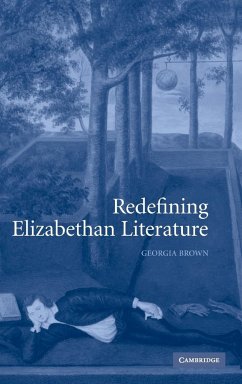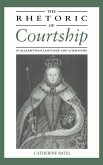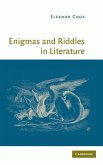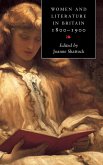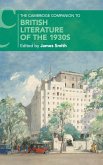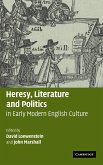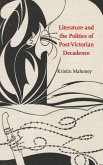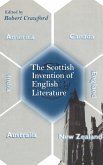Short description/annotation
A wide-ranging study of the development of the concept of literature and authorship in late Elizabethan culture.
Main description
Redefining Elizabethan Literature examines the new definitions of literature and authorship that emerged in one of the most remarkable decades in English literary history, the 1590s. Georgia Brown analyses the period's obsession with shame as both a literary theme and a conscious authorial position. She explores the related obsession of this generation of authors with fragmentary and marginal forms of expression, such as the epyllion, paradoxical encomium, sonnet sequence, and complaint. Combining recent developments in literary theory with close readings of a wide range of Elizabethan texts, Brown casts new light on the wholesale eroticisation of Elizabethan literary culture, the form and meaning of Englishness, the function of gender and sexuality in establishing literary authority, and the contexts of the works of Shakespeare, Marlowe, Spenser and Sidney. This study will be of great interest to scholars of Renaissance literature as well as cultural history and gender studies.
Table of contents:
1. Introduction; 2. Generating waste: Thomas Nashe and the production of professional authorship; 3. Literature as fetish; 4. Shame and the subject of history; Epilogue; Bibliography.
Hinweis: Dieser Artikel kann nur an eine deutsche Lieferadresse ausgeliefert werden.
A wide-ranging study of the development of the concept of literature and authorship in late Elizabethan culture.
Main description
Redefining Elizabethan Literature examines the new definitions of literature and authorship that emerged in one of the most remarkable decades in English literary history, the 1590s. Georgia Brown analyses the period's obsession with shame as both a literary theme and a conscious authorial position. She explores the related obsession of this generation of authors with fragmentary and marginal forms of expression, such as the epyllion, paradoxical encomium, sonnet sequence, and complaint. Combining recent developments in literary theory with close readings of a wide range of Elizabethan texts, Brown casts new light on the wholesale eroticisation of Elizabethan literary culture, the form and meaning of Englishness, the function of gender and sexuality in establishing literary authority, and the contexts of the works of Shakespeare, Marlowe, Spenser and Sidney. This study will be of great interest to scholars of Renaissance literature as well as cultural history and gender studies.
Table of contents:
1. Introduction; 2. Generating waste: Thomas Nashe and the production of professional authorship; 3. Literature as fetish; 4. Shame and the subject of history; Epilogue; Bibliography.
Hinweis: Dieser Artikel kann nur an eine deutsche Lieferadresse ausgeliefert werden.

